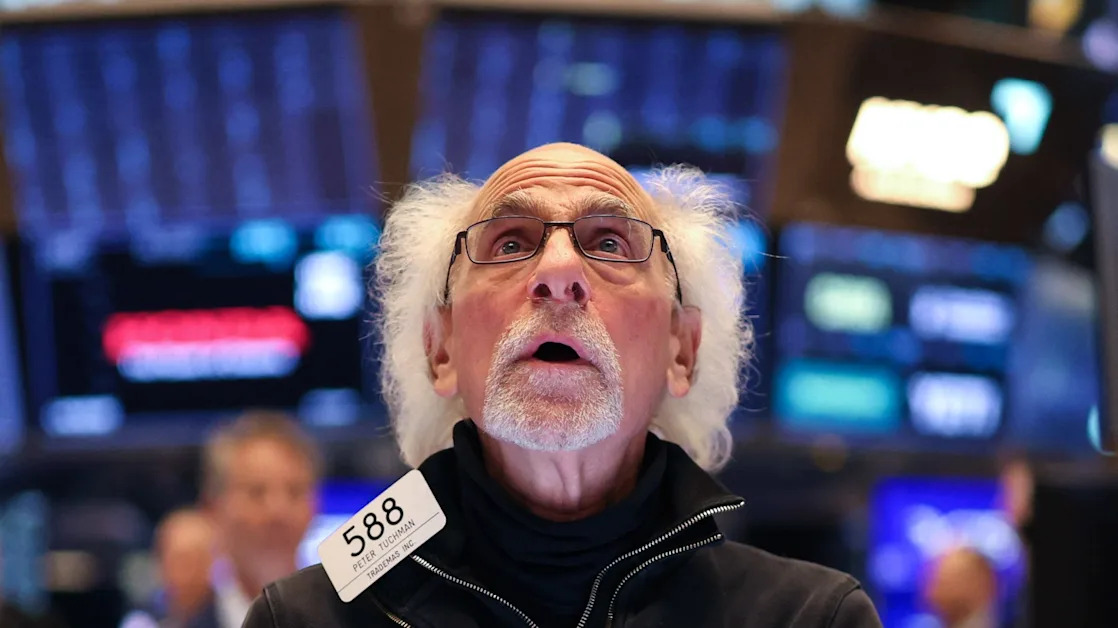Stock markets started the day poorly and ended it worse as chipmakers reported revenue impacts from the China trade war and a hawkish speech from Federal Reserve Chair Jerome Powell reignited fears of tariffs' stagflationary effects.
The S&P 500 lost 2.2%, led by a selloff in tech. The Dow lost 1.7% while the tech-heavy Nasdaq fell 3.1%.
Nvidia closed down 7% after the chipmaker revealed Donald Trump's restrictions would cost the chipmaker $5.5 billion. The policy means the trillion-dollar company can no longer export a key chip to China—a market analysts estimate makes up 10% of its revenue. Rival Advanced Micro Devices sank 7% also after noting that those export limits could hit the chipmaker up to $800 million.
The existing uncertainty over trade policies was made starker by a speech from Federal Reserve Chair Jerome Powell Wednesday afternoon, who warned that tariffs would create a "challenging scenario" for the Fed of "higher inflation and slower growth," a recipe for stagflation.
"There isn't a modern experience of how to think about" the White House's trade policy, Powell said in a speech to the Economic Club of Chicago.
Bond yields eased on Powell's comments, indicating investors' pessimism over the possibility of a U.S. recession. The yield on the 10-year Treasury note fell to 4.27% late in the day, from 4.35% in the morning and 4.48% last week, when bond markets experienced a trade-war-driven meltdown.
“Markets are struggling with a lot of uncertainty, and that means volatility," Powell added.
The dollar gained ground against the euro Wednesday but has lost about 6% of its value in the past month as investors rethink the currency's status as a safe haven. Gold hovered near its record high at $3,352 per troy ounce.
Earlier in the day, retail sales figures showed many consumers rushed to buy cars, electronics, and other big-ticket items last month before tariffs could hike prices further.
So far, the U.S. has a baseline tariff on most countries of 10%, with a 145% combined tariff on China. Goods from Canada and Mexico face tariffs of up to 25%, while imported autos, steel, and aluminum are taxed at that same rate. China retaliated last week by imposing a 125% tariff on U.S. goods. Tariffs are expected to drive consumer prices higher, and have contributed to plunging consumer sentiment for the fourth month in a row.


